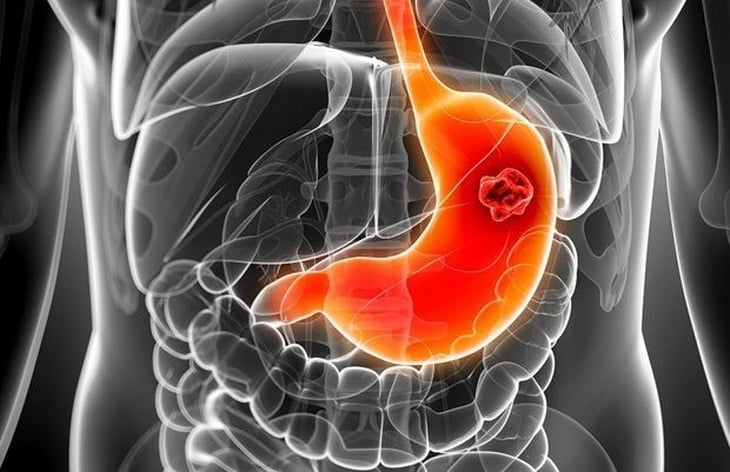
Stomach cancer tends to be younger - Illustration photo
Do not underestimate gastric and duodenal ulcers
According to Dr. Can Thi Thu Hang, Bach Mai Hospital, in the process of treating gastric and duodenal ulcers, in addition to taking medication, a reasonable diet plays an extremely important role, helping patients recover quickly, reduce symptoms and prevent recurrence.
People with gastric and duodenal ulcers often have symptoms such as epigastric pain, bloating, heartburn, nausea, loss of appetite, fear of eating due to pain, leading to poor appetite and weight loss.
The causes of the disease are very diverse, including smoking, drinking alcohol, irregular eating habits, prolonged stress, HP infection, viruses... With such characteristics, changing lifestyle and adjusting diet plays an equally important role as taking medication.
According to Dr. Hang, the goal of the nutritional regimen in the treatment of gastric and duodenal ulcers is to prevent hypersecretion of gastric acid, help soothe ulcers, promote mucosal regeneration and provide adequate nutrients for the body to recover quickly.
Proper nutrition for the treatment of gastric and duodenal ulcers
Dr. Hang clearly states that sufficient energy is needed to maintain nutritional status and restore physical condition, depending on body mass index (BMI).
If BMI is below 18.5, the patient needs about 30–35 kcal/kg/day; for people with BMI from 18.5 to 22.9, the need is 25–30 kcal/kg/day; and if BMI is 25 or higher, the energy level should be below 25 kcal/kg/day.
Protein intake also needs to be adjusted according to each stage. During the acute stage, patients should be provided with 1.1 to 1.2g of protein per kg of body weight per day.
When entering the recovery phase, this amount increases to 1.3 to 1.5g/kg/day. Carbohydrates should account for 50–60% of total energy, however, disaccharides should be limited to avoid fermentation in the intestine.
Fat should account for less than 30% of dietary energy, prioritizing unsaturated fat from vegetable oils, minimizing saturated fat.
In addition, supplementation of micronutrients such as vitamins A, C, B12, folic acid, iron, zinc, selenium and fiber is necessary to support healing of the stomach lining and enhance immunity. Probiotics, especially Lactobacillus, are also recommended to help improve the digestive system.
In the daily diet, patients should choose foods that are easy to digest, soft, mushy, and simply prepared. Starch should come from rice, porridge, bread, or well-cooked tubers. Protein should be from lean meat, lean fish, shrimp, eggs, tofu, steamed, boiled, or lightly braised for easy absorption.
Vegetables and fruits should be varied, prioritizing young, easy-to-digest vegetables such as cabbage, broccoli, carrots, and pumpkin because they contain many vitamins that help heal ulcers.
Fat should be supplemented through vegetable oils such as soybean oil, sesame oil, canola oil.
On the contrary, patients should limit processed foods such as sausages, salami, ham, cold cuts; hard, tough, fibrous foods such as meat with lots of tendons, cartilage, old vegetables or raw green fruits.
Spicy spices such as garlic, chili, vinegar, pepper, pickled foods such as pickles and onions should also be limited as much as possible, especially during the ulcer progression stage.
Some sour fruits such as tamarind, sour plum, star fruit, plum, green mango, green guava, green banana or pickled fruits such as dried apricot, pickled tamarind should also be avoided. In addition, carbonated soft drinks, coffee, strong tea are also not good for the stomach.
In particular, people with gastric and duodenal ulcers should absolutely avoid alcohol, beer and tobacco - the leading factors that damage the mucosa and aggravate the ulcer. Food should be eaten immediately after preparation, kept at a temperature of about 40-50 degrees Celsius for easy digestion and to avoid irritating the mucosa.
Meals should be divided into 4-6 times/day, avoid being too hungry or too full. In addition, patients should maintain a healthy lifestyle, rest regularly, avoid stress and have physical activities appropriate to their physical condition.
"Patients should proactively create a scientific menu, listen to advice from medical experts and not arbitrarily diet based on emotions. Eating properly is a "natural medicine" that helps the stomach quickly heal and become healthy again," Dr. Hang recommends.
Source: https://tuoitre.vn/cach-tri-viem-loet-da-day-ta-trang-qua-bua-an-20250719193419571.htm




![[Photo] Explore the US Navy's USS Robert Smalls warship](/_next/image?url=https%3A%2F%2Fvphoto.vietnam.vn%2Fthumb%2F1200x675%2Fvietnam%2Fresource%2FIMAGE%2F2025%2F12%2F10%2F1765341533272_11212121-8303-jpg.webp&w=3840&q=75)



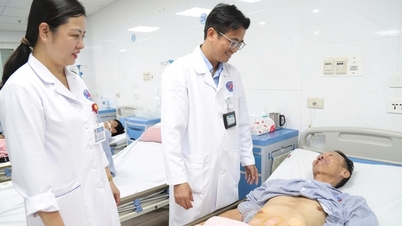

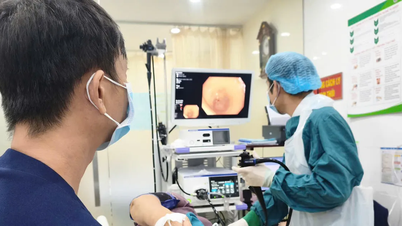

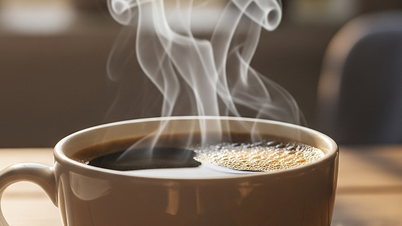



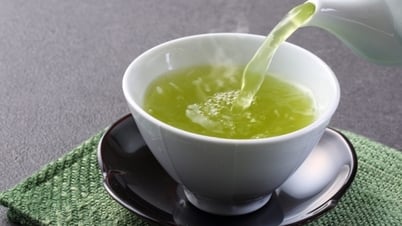


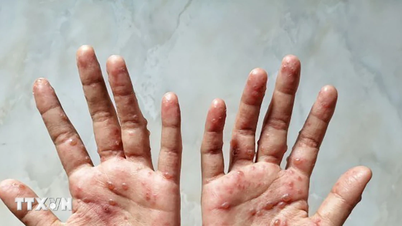




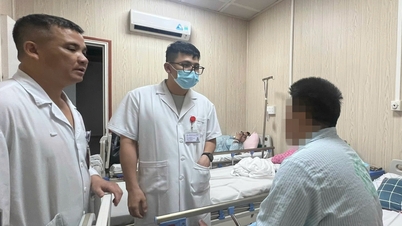























































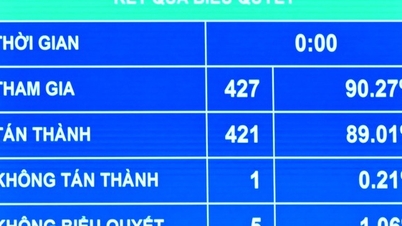









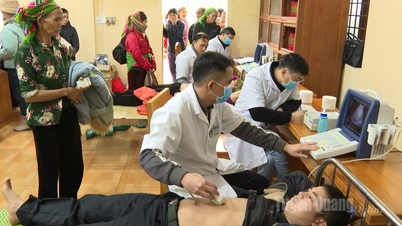

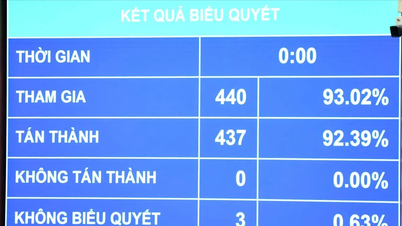




















Comment (0)